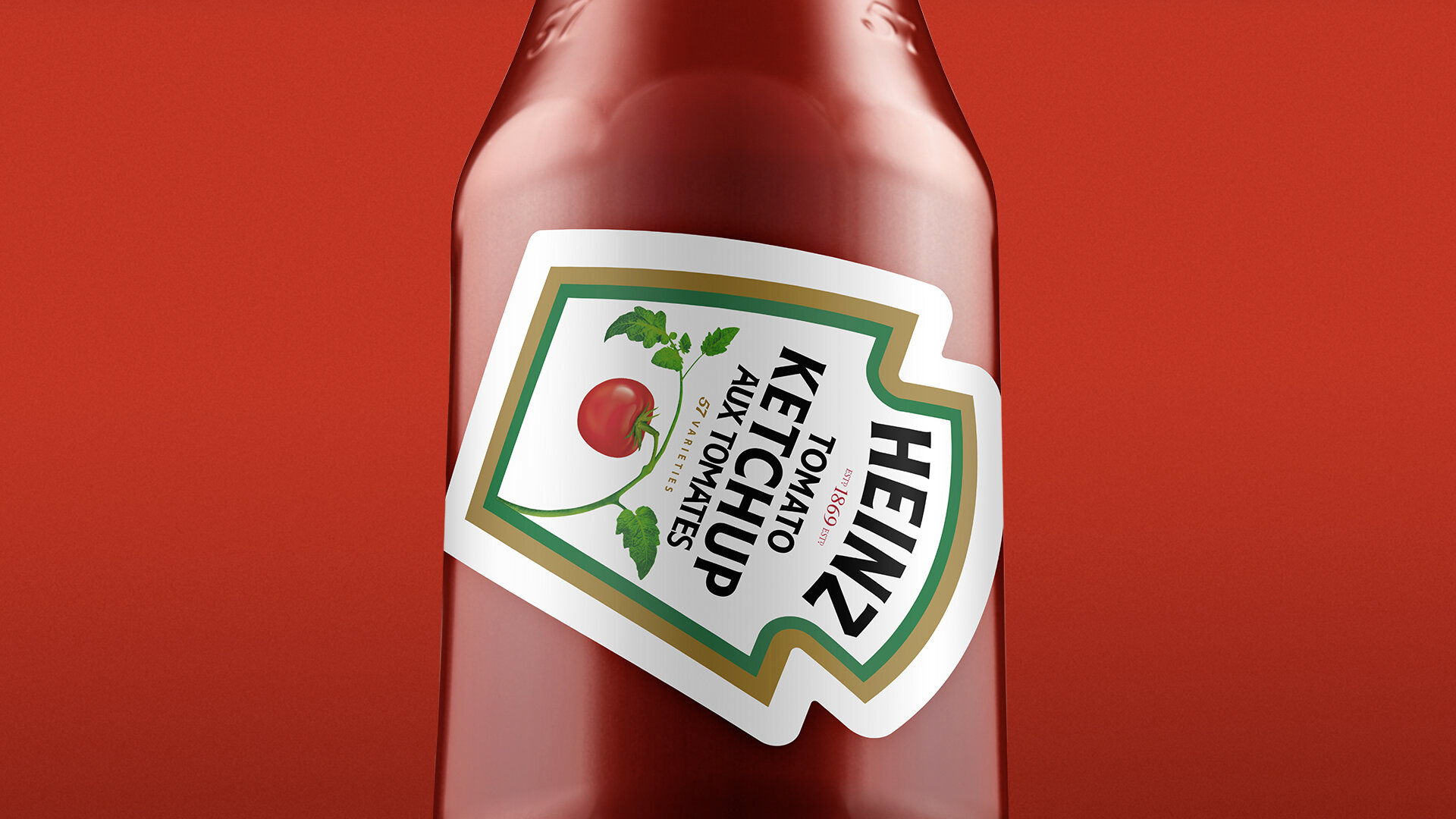Brand Strategy: Your Reputation Depends on It!
I sat down to share with you another behind-the-scenes reveal of a client’s exciting, new brand strategy, when I realized that perhaps I should back up a step.
What is “brand strategy” anyway?
If you've had questions about what "brand strategy" is, why it's important, what happens when you skip this step, and why you should care, then keep reading. Let’s avoid sounding so snooty and jargony when we talk about this, and get to the heart of the matter.
To start, keep in mind that when we talk about your BRAND, we're talking about your REPUTATION—how and what people think and feel about you and your business.
“strategy = game plan, blueprint, road map, method to your madness ”
We use strategy all the time for all kinds of things. Heck, I even use it when I run errands so I only go to each store once without driving back across town because the pet food store is near the grocery store which is around the corner from the post office. I make a game plan for what to get, where to get it, and, yes, the most efficient way to do that. (Sidenote: I hate traffic, so the less I have to be in it the better.)
How we apply strategy to your brand isn't that different than how we apply it to anything else.
The primary focus of brand strategy is this—what is the central, core idea of your business as we consider the uniqueness of you and the dreams and frustrations of your audience? That strategy will determine all the components of your brand—design, copy, marketing, etc.—and whether we're on target or off target.
This means brand strategy is NOT:
a mood board full of pretty pictures;
a list of your favorite colors, things, or style;
examples of other logos or websites you think are cool or successful;
evaluating everything by whether you like it or not.
Brand strategy IS:
first and foremost about your potential and current clients while still feeling like you;
a whole lotta words culled and categorized over several pages;
a deep dive into what your business is all about and how that can serve your potential clients' deepest needs;
the culmination of an on point, carefully curated inspiration board.
While this certainly isn't the flashiest or prettiest part of the branding process, it's hands-down what elicits the most squeals and Kleenex-grabbing moments from my clients. Done right, it's that powerful!
It's why I don't design brands or logos without it.
Do you see the difference? The first list is a lot about you. The second list is primarily about your clients. As Elastigirl said, "It's not about you!" I couldn't agree more, though I won't scream when I say it.
A brand strategy that gets you the right results looks like this:
a curated creative brief that's mostly words and very little imagery.
me getting choked up as I go over my client's questionnaires and notes from our face-to-face meetings. I'm always moved when I dig into their story and the difference they're making for their clients.
one Big Idea and core purpose that we come back to again and again with every decision we make.
a comprehensive look at their core values and attributes, what sets them apart from their competition, and how that relates to their clients.
a keyword summary that pinpoints why their clients come to them.
color psychology that further supports the language.
a final inspiration board that takes us beyond what looks good to visuals that support our Big Idea.
a final document where I never ask my client “do you like it?”
That final point may sound harsh. It's not and here's why.
Remember—your brand is your reputation.
I'd never ask you to evaluate your reputation by whether you like it or not, right? The question itself sounds ridiculous because it is. I'm assuming here that you're a wonderfully imperfect woman who attempts to live in authenticity and integrity. Of course, you're human so there may be things you want to change or improve, but the core of your reputation isn't in question here.
Our reputation isn't about whether we like it or not; it's about how we make others feel. Do they resonate with us? Do they trust us? Are they drawn to us? Do they want to be around us? Do they think we can help them?
Your reputation is about you ONLY as it's relevant to your clients. The goal is to always keep them first and foremost.
Instead of "do you like it," there are other more helpful questions to ask:
How does this make you feel?
Does this capture what matters most?
Did I miss something important?
Is this what we want as the focus of your brand?
Do you see the difference? An effective strategy must go beyond your likes and dislikes to communicating the right ideas and speaking the right language—whether it's literal language or visual language—to the right people, namely the ones who will pay you for your skills and expertise.
At the end of the day, you need to love your brand. If you don't, you won't share it. After 25+ years, I've learned that creating from the right strategy, which naturally shows your passion and your uniqueness while keeping your clients top of mind, always generates a result you love. It goes beyond having something you like to something that's meaningful, clear, and gives you an extra shot of confidence to boot!
To wrap up, here's a fun, real-life example of a clear brand strategy.
Heinz Canada just redesigned a limited-edition label with one singular goal: to help consumers answer the 150-year-old question "what's the best way to get Heinz ketchup out of the bottle?"
Clever, huh? They didn't redesign the bottle or rebrand the entire company. They simply focused on one Big Idea—and solved their customers' biggest frustration.
That's the impact you make with the right brand strategy.
If you hear only one thing in this message, remember that your brand is your reputation and the right strategy is key to building a brand that gets the right results for YOUR BUSINESS.
Ok, that’s 2 things, but you get my point.
Is this a new concept for you? I’d love to hear any thoughts, questions, or push-back that this topic brings up. And I hope you strut through your day feeling a little bit smarter!



